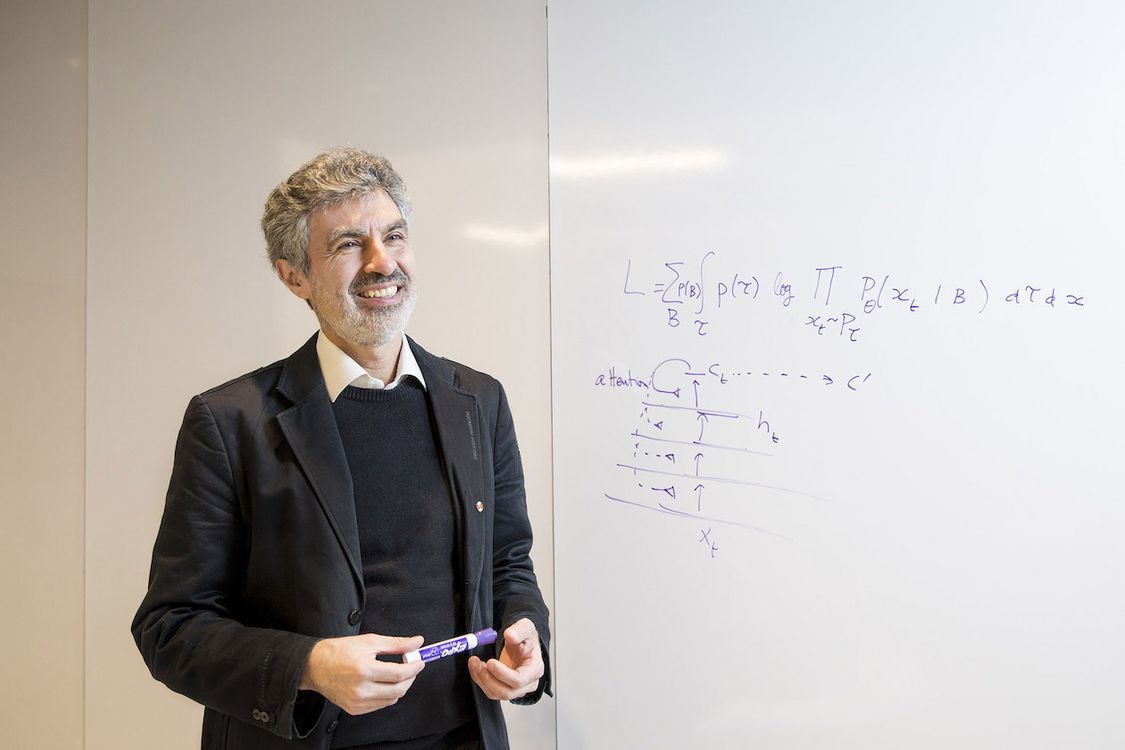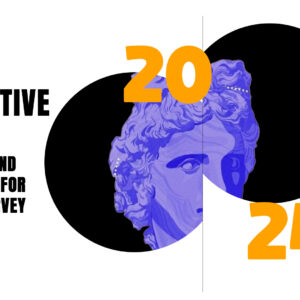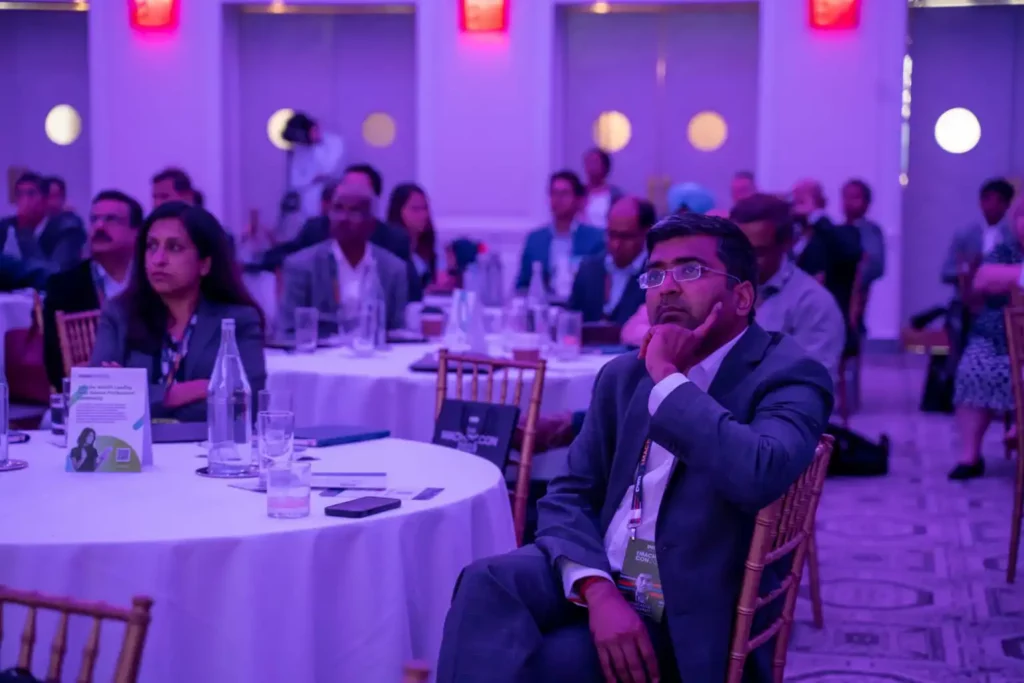Yoshua Bengio, a pivotal figure in the deep learning revolution and winner of the prestigious Turing Award alongside Yann LeCun and Geoffrey Hinton, has long been driven by an insatiable curiosity about how things work. In a recent interview with AIM, Bengio offers an insightful glimpse into his journey and the lessons he has learned over his three-decade-long career in artificial intelligence.
As a young researcher, Bengio was drawn to connectionist models, early neural network theories rooted in cognitive science and neuroscience. He saw the potential to understand human and animal intelligence and build intelligent machines, much like the pioneering work of Geoffrey Hinton. He quickly realized that passion would play a crucial role in his research. As Bengio puts it, “If you’re doing work in an area that you don’t feel a strong, emotional appeal to, then it’s not going to be the same as if you’re passionate about it.”
Bengio also dismisses the stereotype of the lone genius scientist, emphasizing the importance of collaboration in scientific research. He explains, “Science is about building on other people’s ideas and doing it in groups.” One of Bengio’s most celebrated collaborations is his work with computer scientist Ian Goodfellow on generative adversarial networks (GANs), which have since transformed fields such as machine translation, image generation, audio synthesis, and text-to-speech systems.
For Bengio, learning from others’ insights and engaging in brainstorming sessions with colleagues and students is crucial to making progress in science. He values the energy and motivation that comes from working with others, especially for younger researchers. “When you’re together trying to understand or figure out something, we are motivated by the energy of others. We want to find solutions to problems. Especially when you’re younger, all of these human social factors of the collaboration really make a difference,” he added.
Reflecting on his early career, Bengio recalls a time when he struggled to convince students to continue working on neural networks, which were unpopular in the scientific community at the time. Despite the challenges, Bengio followed his intuition, resulting in groundbreaking work combining neural networks with probabilistic models of sequences, laying the foundation for modern speech recognition systems.

In a paper published nearly two decades ago, Bengio introduced the concept of word embeddings, a language modeling and feature learning paradigm in which words or phrases from a vocabulary are mapped to vectors of real numbers. This work has since become a staple of natural language processing research and has contributed to the development of modern language models like OpenAI’s GPT-series.
Bengio attributes much of his success to his willingness to explore new ideas and avoid following the crowd. He emphasizes that while there is a fine line between exploration and wasting time, it’s essential to be rigorous and rational in order to distinguish valuable insights from delusions. In his words, “Research is an exploration.”
He also points out the importance of diversity in research directions, stating, “The lesson is that people tend to do the same thing as others, and we need people to look in different directions. This is how we can be the most efficient.” By exploring different avenues and thinking outside the box, Bengio and his collaborators have been able to make significant advancements in the field of AI.
In conclusion, Bengio highlights the importance of humility in the face of scientific success. As he explains, individuals who gain social recognition can become blinded by their egos, leading them to believe they are right even when they lack solid evidence. Bengio emphasizes the
need for a sense of humility and the understanding that one’s knowledge must be continually proven and renewed. This mindset, he believes, helps keep researchers grounded and open to new ideas, promoting a healthy and productive scientific environment.
Bengio’s advice to aspiring researchers and scientists is to cultivate an unwavering sense of curiosity, collaborate with others to leverage their collective intellect, and remain humble in the pursuit of knowledge. He argues that these three principles have been central to his success and can serve as a guide for others entering the world of scientific research.
In the rapidly evolving field of artificial intelligence, Bengio’s journey and insights underscore the importance of embracing a mindset that fosters learning and growth. As he continues to shape the future of AI, Bengio’s steadfast commitment to collaboration, curiosity, and humility provides an inspiring example for the next generation of researchers and innovators.
Yoshua Bengio’s journey through the world of deep learning has been marked by collaboration, curiosity, and humility. His dedication to these core values has allowed him to overcome challenges and make groundbreaking contributions to the field of artificial intelligence. As AI continues to develop and impact our daily lives, the lessons Bengio shares from his experiences serve as a valuable reminder of the essential qualities that drive scientific progress.
The impact of Bengio’s work, along with that of his colleagues and collaborators, has been monumental, leading to transformative advancements in artificial intelligence that have permeated various industries and applications. As researchers continue to push the boundaries of AI, Bengio’s insights into the importance of collaboration, curiosity, and humility will remain invaluable to fostering a vibrant and innovative scientific community.
In a world that is increasingly reliant on artificial intelligence and its applications, the lessons gleaned from Yoshua Bengio’s journey are more relevant than ever. The importance of collaboration, curiosity, and humility in scientific research cannot be overstated, and these qualities will undoubtedly continue to shape the future of AI for years to come. By embracing these principles, the next generation of researchers and innovators can hope to build on Bengio’s legacy and continue driving progress in the fascinating and ever-evolving realm of artificial intelligence.

















